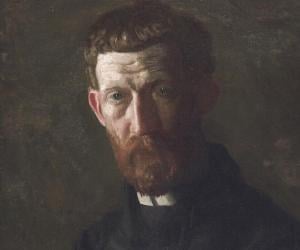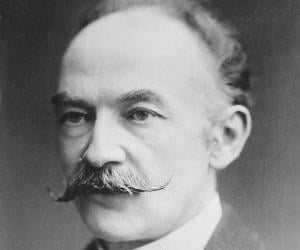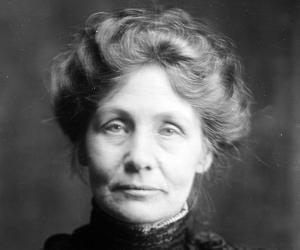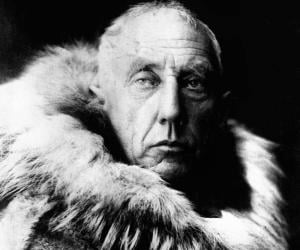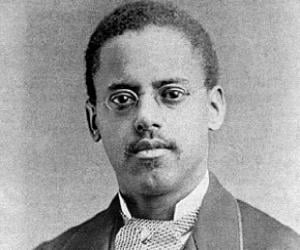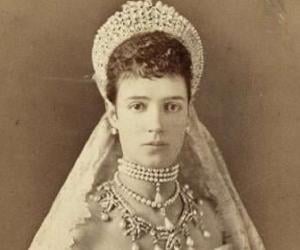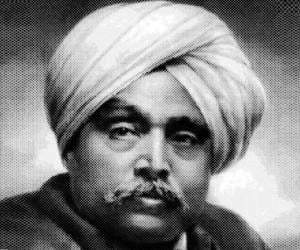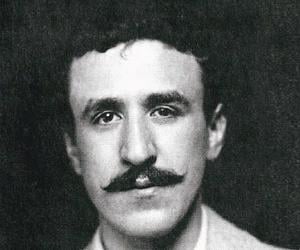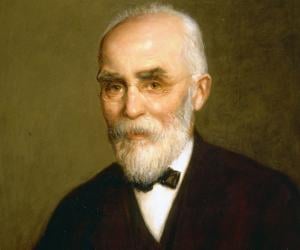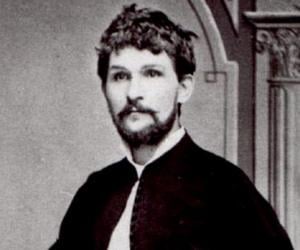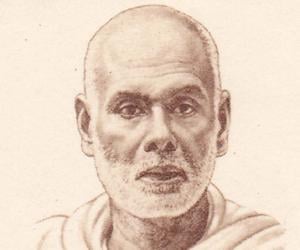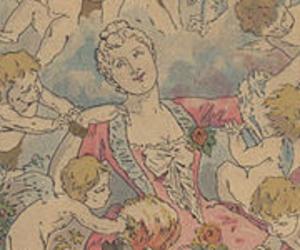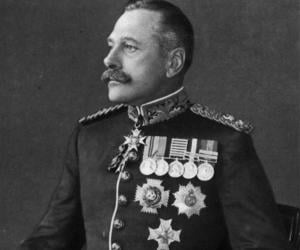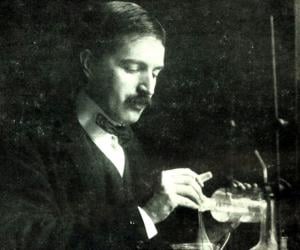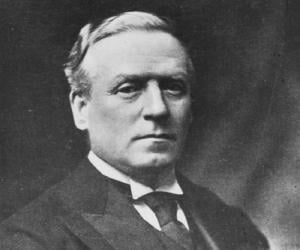Roald Amundsen was a Norwegian explorer. Specialized in exploring the polar regions, Amundsen was an important figure of the Heroic Age of Antarctic Exploration, an era in the exploration of Antarctica. He disappeared in 1928 when he was involved in a rescue mission in the Arctic. Owing to his significant achievements in polar exploration, several places are named after him.
Maria Feodorovna was a Danish princess who married Emperor Alexander III and became Empress of Russia. She was the second daughter of King Christian IX of Denmark and Louise of Hesse-Kassel. She grew up to be a beautiful and charming woman. She was married to Alexander Alexandrovich, the son of Emperor Alexander II and his first wife Maria Alexandrovna.
Lala Lajpat Rai was an Indian politician who played a major role in the Indian Independence movement. He is credited with inspiring many young men, including Bhagat Singh and Chandrasekhar Azad, to join the freedom struggle through journalistic writings and activism. He was popularly known as Punjab Kesari.
Charles Rennie Mackintosh was a Scottish architect, designer, and artist. He was married to fellow artist Margaret Macdonald, and they both were influential on the European design movements Art Nouveau and Secessionism. Mackintosh is considered one of the most important figures of Modern Style (British Art Nouveau style). In his later years, he worked largely as a watercolorist.
Nobel Prize-winning Dutch physicist Hendrik Lorentz, a major figure of the Second Dutch Golden Age, is remembered for his discovery of the Zeeman effect, along with his former student Pieter Zeeman, who shared the Nobel with Lorentz. His research on electromagnetic radiation prepared ground for Einstein’s special theory of relativity.
Leos Janacek was a Czech composer, musical theorist, folklorist, and teacher. He is credited to have created an original, modern musical style inspired by Moravian and other Slavic folk music. He was deeply influenced by folklore and by the works of his contemporary and friend, Antonín Dvořák. The Janáček Philharmonic Orchestra is named in his honor.
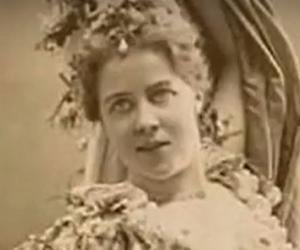
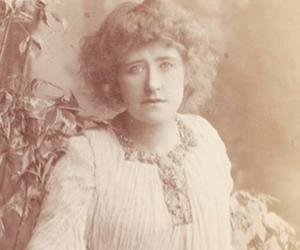
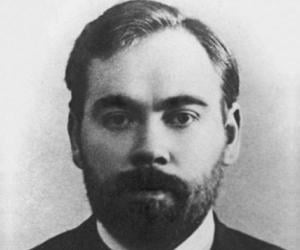
Alexander Bogdanov was a Russian physician, science fiction writer, philosopher, and Bolshevik revolutionary. Bogdanov is credited with inventing Tektology, which is widely considered a forerunner of systems theory. A multi-talented personality, Alexander Bogdanov was also a renowned economist and culture theorist.
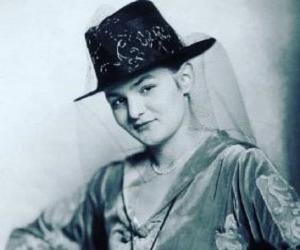
Anita Berber was a German dancer, writer, and actress. Berber's addiction to drugs and her choice of clothing in public events, which challenged social taboos at that time, overshadowed her professional achievements. In addition to her personal life, Anita Berber also achieved notoriety as a dancer; some of her performances featured total nudity. She died of tuberculosis at age 29.
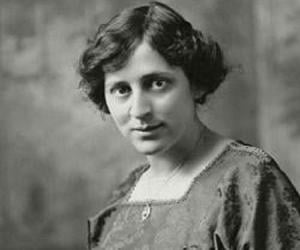
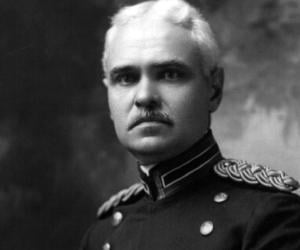
George Washington Goethals was an American civil engineer and US-Army General remembered for his role as an overseer of the construction of the Panama Canal. He also served as the first Governor of the Panama Canal Zone from 1914 to 1917. Goethals has been honored with several tributes, including the Society of American Military Engineers' establishment of the Goethals Medal.
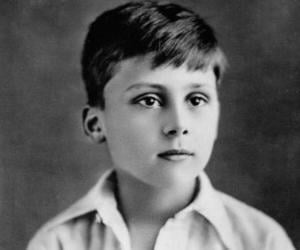
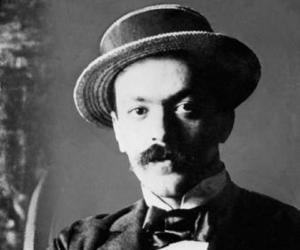
Italo Svevo was an Italian writer, playwright, novelist, short story writer, and businessman. Svevo was regarded as a pioneer of psychological fiction. He is remembered for his work La coscienza di Zeno, which is considered his magnum opus. Svevo is widely regarded as an important writer of the 20th century whose works had an influence on later generations of writers.
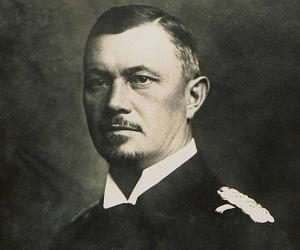
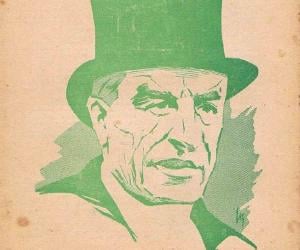
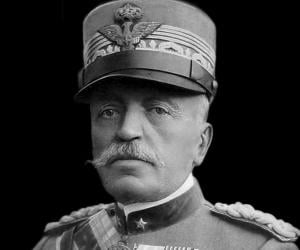
Italian military general Luigi Cadorna served as the Chief of Staff of the Italian Army during World War I, though he is remembered for his inefficiency and bad decisions. He was later moved to the Allied military council at Versailles, and in spite of his failure, was eventually named a Field Marshal.
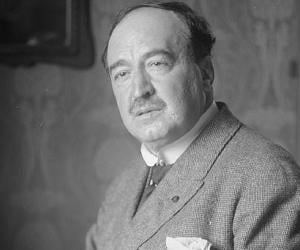
Best known for his war novels, such as The Four Horsemen of the Apocalypse, Vicente Blasco Ibáñez was a prominent member of the Spanish Generation of ’98 movement. Though he had been elected to the parliament, he later went into self-exile. Many of his novels were later adapted into films.
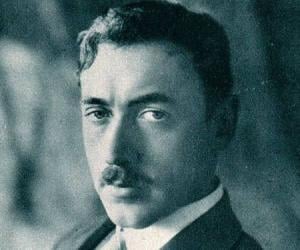
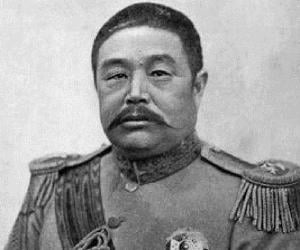
Li Yuanhong was a Chinese politician who held the office of the President of China for a year each on two different occasions. A respected politician, Li Yuanhong played a critical role in avoiding China's participation in the First World War. He then resigned from his post in 1917, only to be elected again as president of China in 1922.
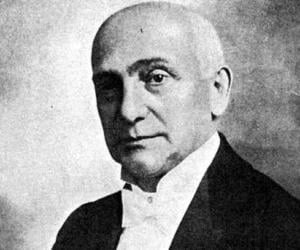
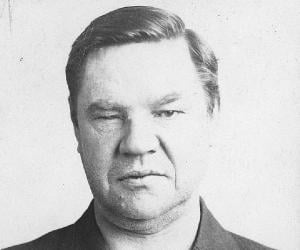
Born in Travancore in India, Narayana Guru was the son of a teacher and studied in a gurukula. He grew up to lead a social reform movement against the caste system that he saw in erstwhile Kerala. He believed in the motto One Caste, One Religion, One God for All.
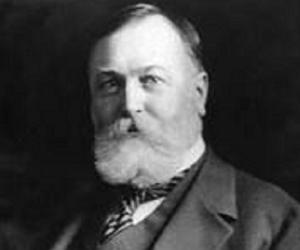
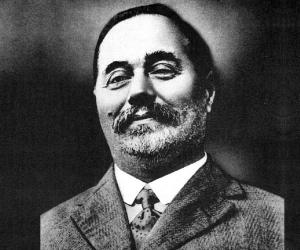
Croatian politician Stjepan Radić, who founded the Croatian People's Peasant Party, is remembered for his pioneering work in uniting the peasant community of Croatia into a prominent political entity. He supported Croatian autonomy. He died of a fatal wound after being shot in the parliament by rival politician Puniša Račić.
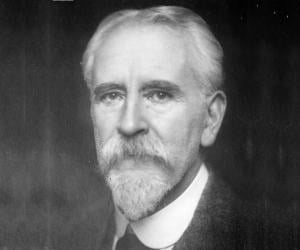
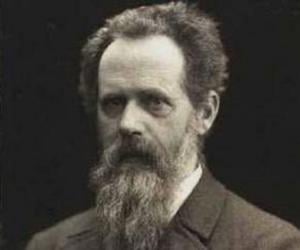
Johan Ludvig Heiberg was a Danish historian and philologist. Heiberg is best remembered for discovering previously unknown texts in the famous Archimedes Palimpsest. In 1912, Johan Ludvig Heiberg was honored with the Prix Binoux by the French Academy of Sciences.

Edmund Gosse was an English author, poet, and critic. His book Father and Son inspired the popular TV play Where Adam Stood as well as Peter Carey's novel Oscar and Lucinda. Gosse also helped promote the works of Norwegian playwright Henrik Ibsen in England. He is also credited with helping James Joyce and W. B. Yeats establish themselves as writers.
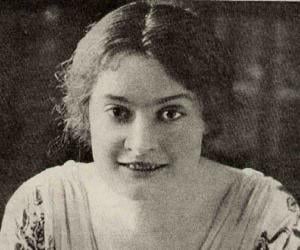
Before he revolutionized 19th-century erotica as Paul Avril, Édouard-Henri Avril was a soldier. An injury sustained in the Franco-Prussian War cut short his military life, and he was pushed into Paris sex salons to study art. His most notable works, such as the illustrations for Fanny Hill, were largely banned.
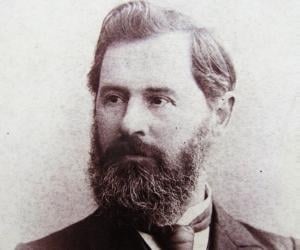
Marxist revolutionary leader Pavel Axelrod was closely associated with the Russian Social-Democratic Workers’ Party and the Mensheviks. He was married to the daughter of satirist Isaac Kaminer. He went against the Bolshevik Revolution during World War I. He was exiled to Berlin in his final years and died there eventually.
Douglas Haig, 1st Earl Haig was a British Army officer best remembered for his service as the commander of the British Expeditionary Force on the Western Front during the First World War. He also commanded forces during the Battle of Arras, the Battle of the Somme, the Third Battle of Ypres, the Hundred Days Offensive, and the German Spring Offensive.
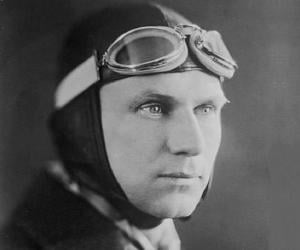
Theodore William Richards was an American chemist. In 1914, he became the first scientist from the US to be honored with the Nobel Prize in Chemistry. Also an inventor, Richards is credited with inventing the nephelometer as well as the adiabatic calorimeter. Over the course of his career, Theodore William Richards won several prestigious awards, including the Willard Gibbs Award.
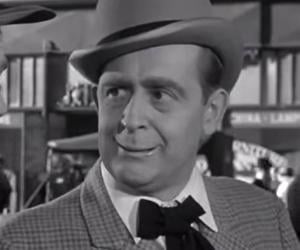
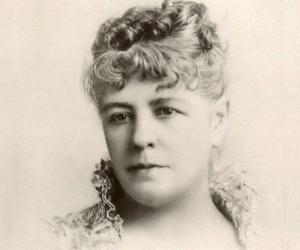
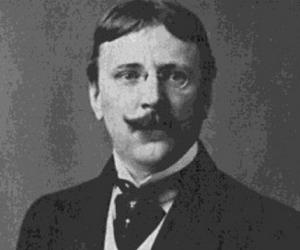

H. H. Asquith was an English politician and statesman best remembered for serving as the prime minister of the UK from 1908 to 1916. He was the last PM to command a majority government from the Liberal Party. Great Britain entered the First World War under his prime ministership, a move which is often criticized by modern-day critics and scholars.
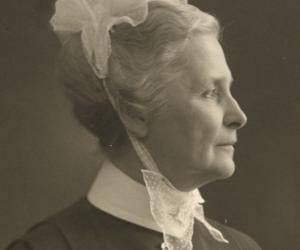

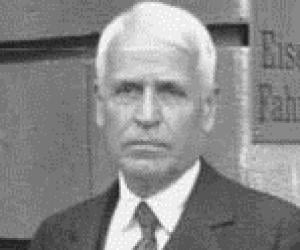
Born into poverty, Ellsworth Milton Statler had worked odd jobs as a child and went from being a hotel bell boy at 13 to establishing The Statler Hotels. He had built the first proper hotel with a shower and running water in each room. His business stood firmly on customer service.
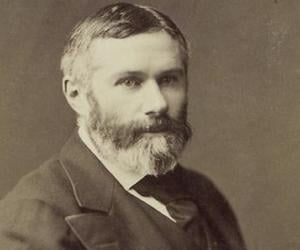
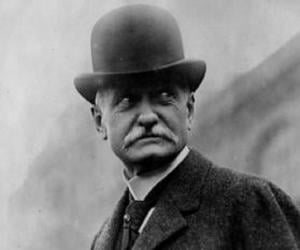
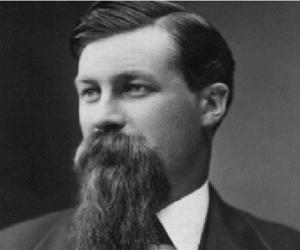
US geologist Thomas Chrowder Chamberlin proposed the theory of planetesimal hypothesis. Initially the chief geologist of the Wisconsin Geological Survey, he later joined the US Geological Survey. An educator, too, he was associated with the University of Chicago and the University of Wisconsin, Madison. He was also the founder-editor of The Journal of Geology.
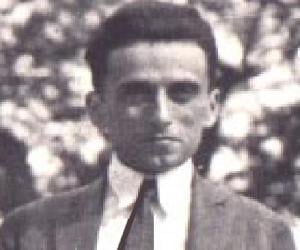
One of the greatest Greek modern poets, Kostas Karyotakis was a qualified lawyer but chose to write instead of practicing law. He was known for pioneering iconoclastic themes in Greek poems. Depressed over his diagnosis of syphilis, he unsuccessfully tried killing himself by drowning and then shot himself to death.
